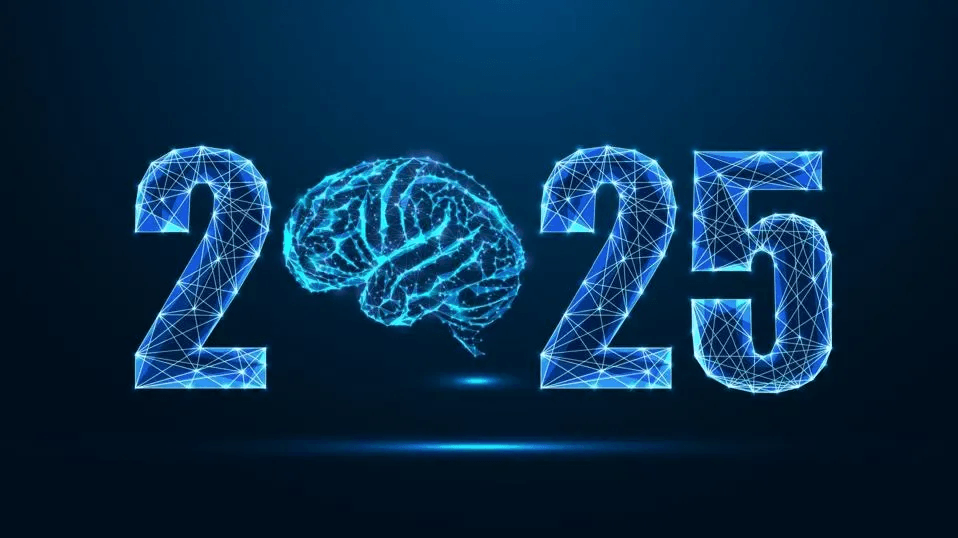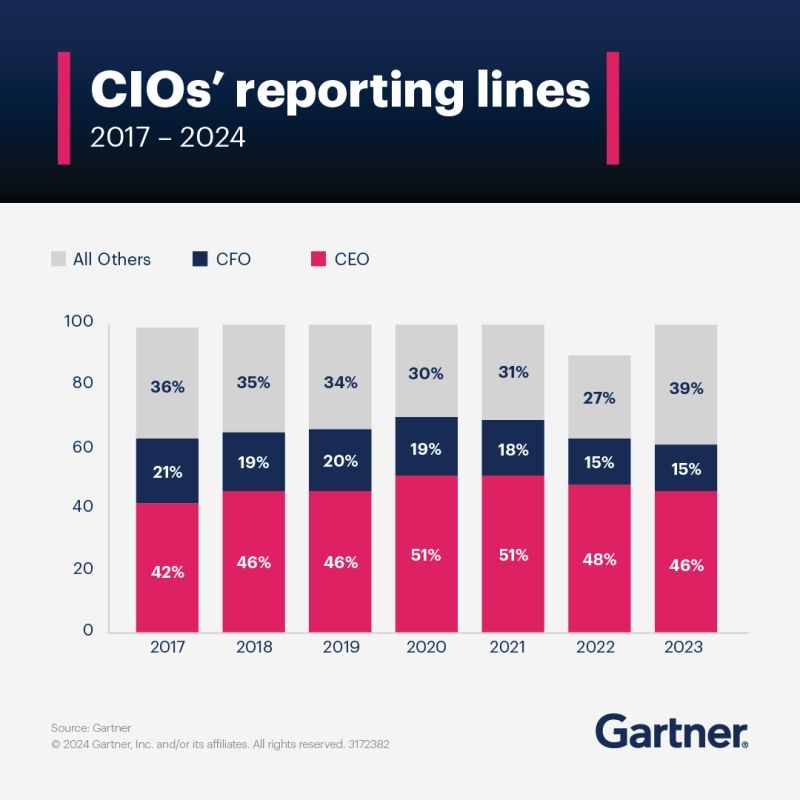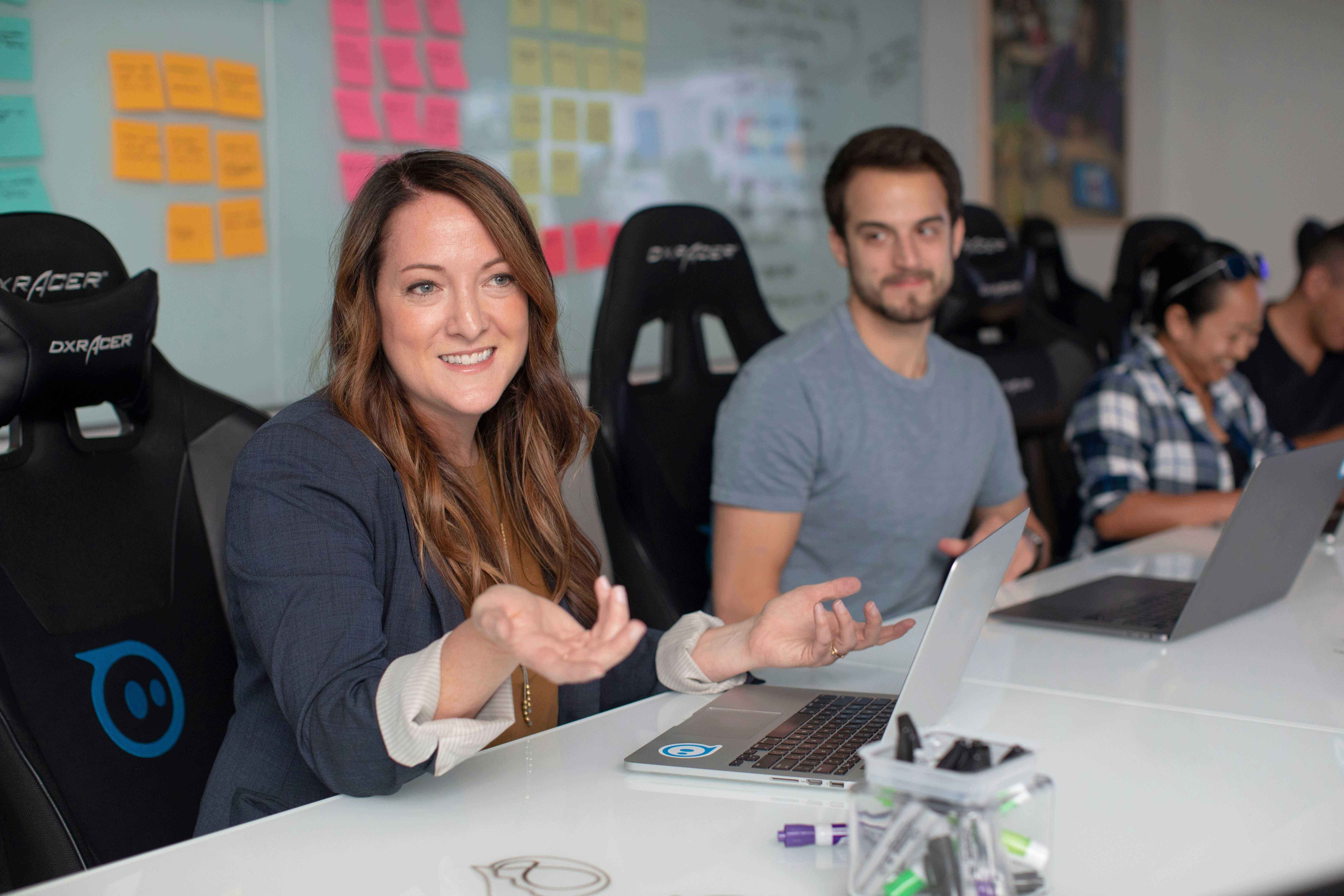2025: Agentic AI, Post-Quantum Cryptography, and 'Think Slow' Reasoning Models
Insighture Technology
07 Jan, 2025

Introduction
AI agents are making waves across industries, with green coding emerging as a key consideration. But what does the future hold in the coming years? As the global market for artificial intelligence soars past USD 184 billion in 2024, projections suggest it could reach an astounding USD 876.40 billion by 2030 (Statista). Amid this rapid growth, the pace of innovation shows no signs of slowing. Leaders of technology today must navigate an increasingly complex landscape. Their budgets are getting impacted in surprising ways and they must deal with evolving data management due to the growth of unstructured data.
It has also become apparent that technology leadership and IT strategy are critical as a business enabler rather than as a cost centre, as shown by the heavy CEO-CIO relationship that has remained steady since 2017.
Just a few weeks ago, tech research giant Gartner had its symposium. Here the team discussed the strategic imperatives and risks related to AI, and how that ties into new frontiers in computing and “human-machine synergy”. The objective? To be responsible, ethical and trusted as a resource.
Here are insights from this expo as well as practical implications from leaders we have interacted with in the past year. Consider it your Northstar for 2025.

AI Agents To Transform Your Team’s Workflows
AI Agents To Transform Your Team’s Workflows
An AI agent is a program that autonomously completes tasks or makes decisions based on data. What makes these agents particularly impressive is their versatility. They eliminate the steep learning curve that once took months to navigate, allowing anyone to perform complex tasks instantly. They're also much faster than a human could ever be.
For example, agentic AI is increasingly demonstrating possible use cases in crypto trading and blockchain. Reading contracts on Etherscan (the standard block explorer and analytics platform for Ethereum), checking wallet activity, or figuring out if a wallet is real or a bot is an absolute maze as most traders will know. Crypto scams are now more common than ever before. Upcoming agents offer AI-based fraud detection for Ethereum wallets, boasting a number as high as 98% on predictive accuracy based on blockchain history.
AI agents don't just work on their own—they interact with each other, create art, and explore digital consciousness at lightning speed. This happens through multi-agent architecture. In multi-agent systems, agents typically have separate objectives and capabilities, but through their interactions, they can exchange information, negotiate, or even compete. This works well in cases like solving math and chess problems and even refining computer code. Here are a few other developments in agentic AI from a few months ago.
Rapid prototyping and parallel development are opening up new avenues in AI for innovation. However, there are some bottlenecks, especially when it comes to testing and integrating AI with broader systems. In traditional supervised learning (the earlier stage of AI development), when you needed to collect 10,000 data points to train a model, it was relatively fine if you had to collect an extra 1,000 data points for testing the model. This was an increase of about 10% in cost and effort, but it wasn't a huge burden.
However, in the context of large language models (LLMs), where there may be no need for additional training data, having to slow down to collect just 1,000 extra test examples can become a huge bottleneck. This is because the process of gathering data for evaluation can now represent a significant delay in development, given how fast prototyping and model building has become. The stakes are high when AI agents are making real-time decisions.
On a side note, LLMs have a vast range of use cases they can handle, but their capabilities are still somewhat limited at this stage. More discrete tasks require models that may be more suitable. We’ve just discussed agentic AI but small language and multimodal models are further subsets and we’ll go into them in a later blog post.
For now, here are some key AI decisions you may face in 2025:
- Pilot programs for autonomous AI, focusing on smaller, specialised models.
- Investments in building AI talent and scaling infrastructure.
- Prioritise the implementation of robust AI governance frameworks.
- Enhance and solidify your data foundations.
You Will Need To Rethink Talent & Hiring
You Will Need To Rethink Talent & Hiring

Close collaboration inside the C-Suite seems to drive effective business outcomes. CIOs and CxOs who co-own and co-lead digital delivery end-to-end form what Gartner refers to as the “digital vanguard”. Such CxOs meet their CIOs four times more than average CxOs do. We see a tendency to expertly manage resources in such a way that cross-functional mindsets can be melded together to form effective fusion teams. This is in itself a skill leaders must develop in 2025.
Digital vanguards hit their business outcome targets 71% of the time when compared to the benchmark 48%. When hiring team members for functions as well, technical expertise won’t suffice. Strategic thinking and stakeholder management among other skills, are needed. Project managers, in particular, must adapt to the integration of AI tools, transitioning from task managers to innovation drivers. At Insighture, we’ve implemented stakeholder management workshops and cross-company initiatives led by our Project Management Office catering to chief personnel such as technical leads and senior architects for this very reason.
The data speaks for itself. This is what works to eliminate the “curse of random success”, in other words, when leaders must stop shooting in the dark and cross-functional collaboration is the name of the game. It’s time to rethink how your People function functions.
Investments in Foundational Platforms a Strategic Imperative
Investments in Foundational Platforms a Strategic Imperative
“Every company is a software company.” McKinsey & Company said it, not us. Foundational platforms are no longer optional; they are the bedrock for innovation and scalability. You need to be thinking about making your operations leaner. You’ll also want to enhance IT governance and reduce costs.
- DevSecOps automation: Embeds security and compliance directly into CI/CD pipelines, reducing risks and deployment time.
- Internal Developer Platforms (IDPs): Centralise workflows, accelerate deployment, and foster team collaboration. We’re
- FinOps integration: Provides real-time visibility into cloud spending, ensuring budgets align with priorities.
Investing in these platforms now enables businesses to scale securely, improve efficiency, and empower teams to innovate without bottlenecks. Waiting risks inefficiencies, technical debt, and falling behind.
“My organisation is focusing on building platforms that enable architectural flexibility and extensibility, easy deployments, and thorough end-to-end evaluations while incorporating evolving patterns of GenAI.” - Meghana Puvvadi, NVIDIA
Quantum Computing: From Theory to Practice
Quantum Computing: From Theory to Practice
The transition of quantum computing from theoretical research to practical uses represents a turning point in technological advancement. Pfizer and other early adopters in the pharmaceutical industry are using quantum capabilities for molecular modelling to speed up the drug discovery process. Quantum technology is also being used by financial organisations to identify fraud and optimise their portfolios, opening up new efficiencies.
With its newest chip, Willow, Google's Quantum AI Lab has established a new standard by doing calculations in minutes that would take millions of years for traditional supercomputers. These developments have far-reaching effects and provide many opportunities for various businesses.
However, there are hazards associated with these innovations. Because of quantum's potential to undermine conventional encryption, cybersecurity is at a turning point. Since quantum computers can already crack smaller encryption keys, post-quantum cryptography is desperately needed, according to research. Standards like the ML-KEM and ML-DSA algorithms from NIST guarantee that companies may implement quantum-resistant encryption without compromising their ability to continue operating.
AI Battlelines - Going Beyond Chatbots
AI Battlelines - Going Beyond Chatbots
Predictive maintenance
AI has developed beyond well-known tools like chatbots. An emerging application called predictive maintenance has the potential to completely transform industries by lowering operating costs and enhancing service continuity. AI can anticipate equipment faults before they happen by analysing real-time data, allowing for preemptive solutions.
With the potential to help suppliers and end users alike, this capacity is quickly rising to the top of organisational roadmaps. Businesses can increase operational efficiency and dependability when they use this technology.

Trends in Reasoning Models
In 2025, AI is transitioning from rapid, instinctive responses to deeper, more deliberate reasoning processes. This evolution, marked by "System 2" thinking, moves AI models from pattern matching to cognitive problem-solving, mimicking human-like thought. Companies are scaling “inference-time compute”, allowing AI to pause, evaluate options, and think critically in real-time. This shift is setting the stage for new applications that require advanced reasoning, especially in complex fields like mathematics, biology, and programming. As this reasoning layer matures, we can expect AI to tackle more sophisticated and creative challenges.
Conclusion
Conclusion
2025 is the year of AI-driven transformation. Leaders must embrace this transformation. You must prioritise robust AI governance, invest in specialised talent, and build scalable, flexible platforms. Staying ahead means not only understanding AI's potential but also ensuring your team is ready to integrate these advancements for greater operational efficiency and innovation.
At Insighture, we specialise in helping businesses bridge these gaps, offering tailored solutions to accelerate innovation while maintaining stability.
Ready to future-proof your organisation? Contact us today to learn how our expertise can drive your transformation journey.
More about the author:
Insighture Technology
Insighture’s technology team is a group of engineers, developers, and consultants focused on solving challenges in DevOps, Security, AI, and IT Operations.